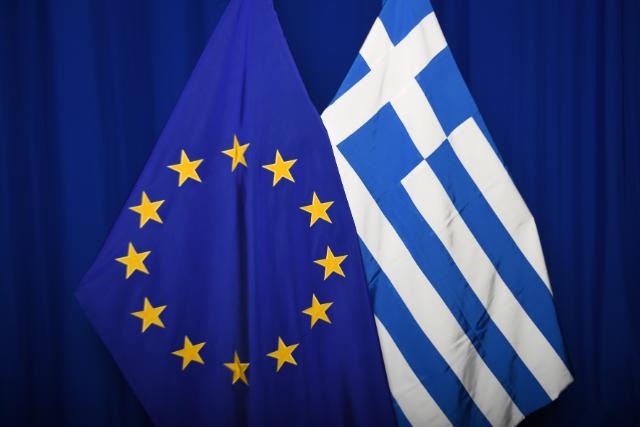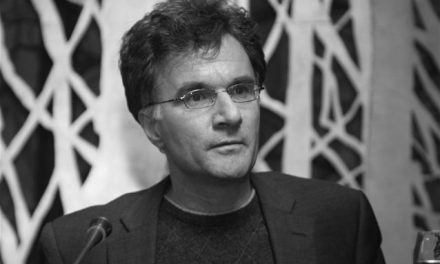Source: European Parliament
Representing over 500 million EU citizens, the European Parliament might not be the most numerous in the world but is undeniably the most multi-cultural. Counting days to the upcoming European Elections, let’s find out more about this supranational institution that represents the interests of EU citizens and whose contribution to European Integration is significant.
Known since 1957 as “Common Assembly” and since 1958 as “European Parliamentary Assembly”, the European Parliament took its current name in 1962 but it needed to wait 17 years for the first direct elections in 1979; until then, Members of European Parliament (MEPs) were appointed by each member state.
This election, in which 28 Member-states will elect 751 MEPs, will be the ninth. Although a new EU electoral law was adopted by the Council, the Member States couldn’t ratify the Act prior to the 2019 election, and thus this election will take place in lines with previous regulations. The United Kingdom has been allowed to participate as a result of the extension to the Article 50 process. After the UK’s withdrawal from the EU, some of its seats will be distributed among Member States and the overall number will be reduced to 705.
Parties and candidates
EU citizens both elect the Parliament as well itself and have a say over who will head the European Commission (The Spitzenkandidaten process). The process involves the appointment by the political parties of lead candidates for the role of the Commission President. As with national parliamentary elections, the party winning most seats in the European Parliament gets the opportunity to form a majority in Parliament in order to back their candidate. By having a number of parties nominating lead candidates, EU citizens have a say in who will be the next President of the European Commission, thus increasing transparency and democracy.
Members of the European Parliament are elected every five years. Among their duties is the election of the President of the European Commission and the Commissioners, as well as holding them accountable. The European Parliament is involved in the EU’s legislative process, has budgetary powers and exercises political scrutiny over EU institutions. MEPs, when elected, form political groups based on common political ideas. Currently there are eight political groups but new groups may also emerge following election results.

Source: European Council Audiovisual Service
European Elections and Greece
This year’s European elections in Greece coincide with local elections for mayors and regional governors. Anyone who turns 17 during election year is eligible to vote. Greece is a one nation constituency and the election threshold is 3%. The Greek people will elect 21 representatives for the European Parliament, choosing among 1.195 candidates from 40 political parties. Voting is held on the basis of individual preference votes by putting a cross next to a candidate’s name and voters are allowed to vote for a maximum four candidates. According to the General Secretariat for Gender Equality, candidates are 57% (685) male and 42.7% (510) female.
Seven Greek parties are currently represented in the European Parliament:
Coalition of the Radical Left (Syriza) (European Group: European United Left/Nordic Green Left – 6 MEPs)
New Democracy (European Group: European People’s Party Group – 5 MEPs)
Golden Dawn (European Group: New and unaffiliated parties – 3 MEPs)
Elia (PASOK) (European Group: Progressive Alliance of Socialists and Democrats – 2 MEPs)
To Potami (European Group: Progressive Alliance of Socialists and Democrats – 2 MEPs)
The Communist Party of Greece (KKE) (European Group: New and unaffiliated parties – 2 MEPs)
Independent Greeks (ANEL) (European Group: European Conservatives and Reformists -1 MEPs)
During the last European elections (2014) SYRIZA beat New Democracy by 5.25% (220.084 votes). Currently, New Democracy leads the latest polls, followed by Syriza, KINAL (Elia in previous election), Golden Dawn and the Communist Party.














